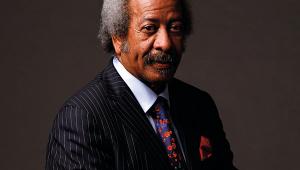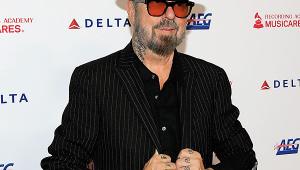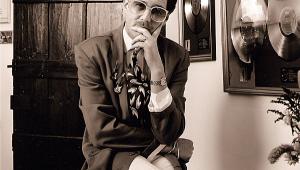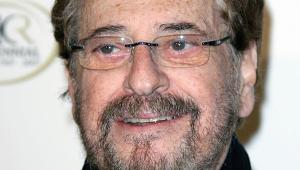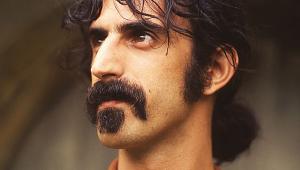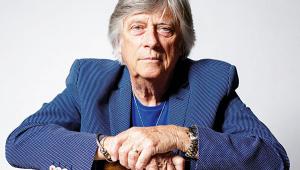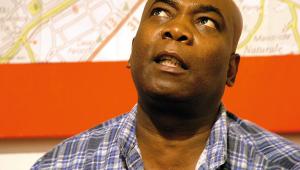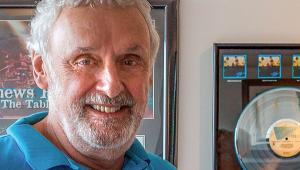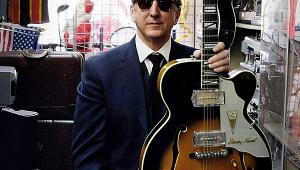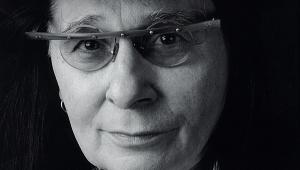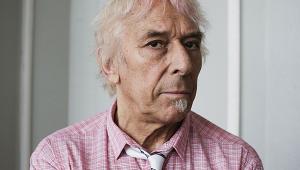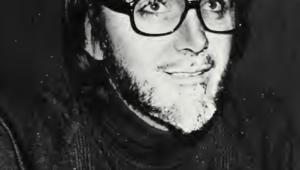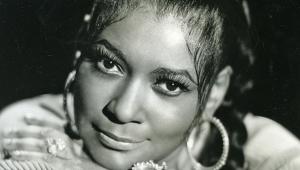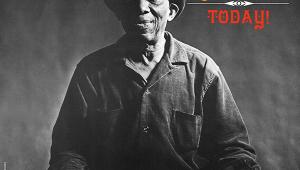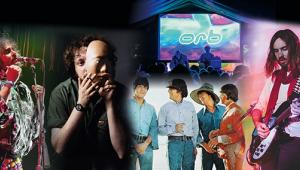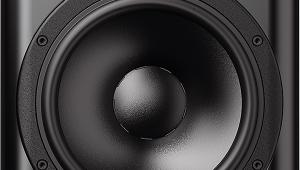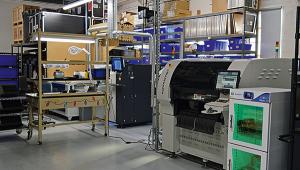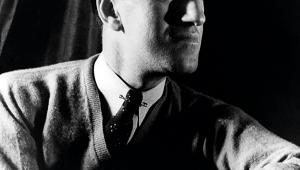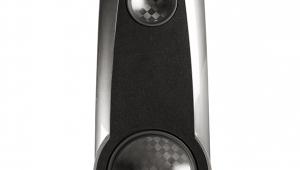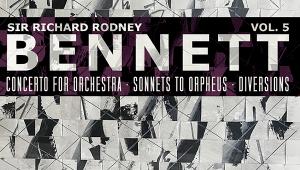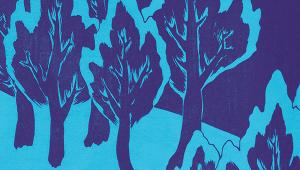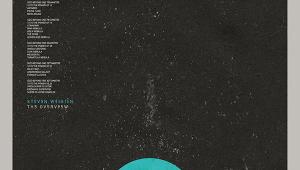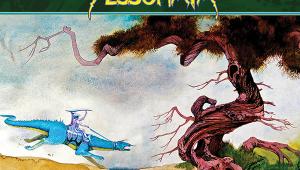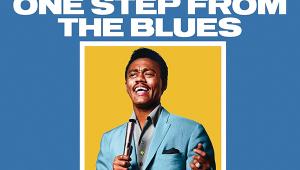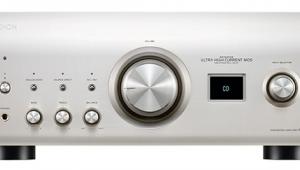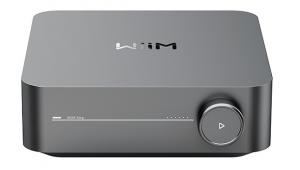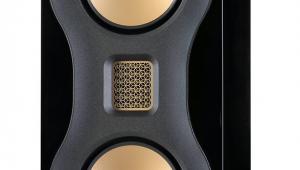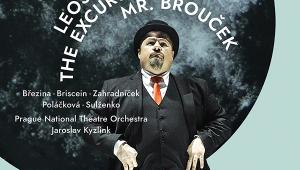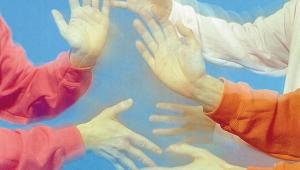T Bone Burnett Page 2
When it came to choosing songs to cover on the album, T Bone was all over it, sending both singers recordings of obscure tracks with a dossier explaining how he believed each song would work for the duo.
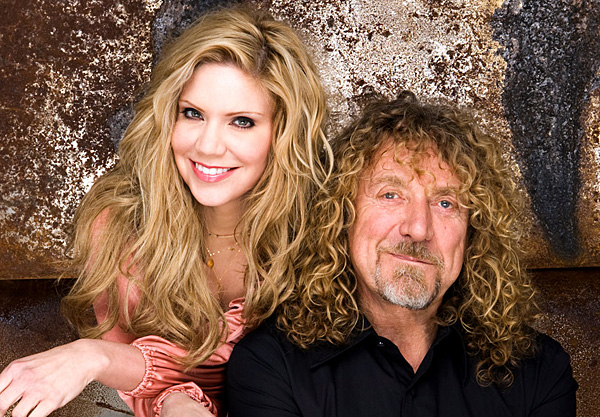
'It was like an Open University thesis on each tune, and why it was important as a piece of music,' recalled Plant. 'I'd never had a producer like that before, one who tells you to think about it like this.'
Then, prep done, he let them get down to it: 'There were a lot of things I got over very early in my life as a record producer, and one of them was telling anybody what to play. When I started out, I would give the musicians every note to play. And then very quickly I started working with such good musicians that I began to say, "Why am I not just letting them play? Because that's what they do". And I got better and better results that way. I realised, "I already know my own ideas. If I want to do that, I can just do that myself". If you're going to bring in other people, just let them go'.
What you hear, he says, is basically the demo. He uses very few mics, lets the room and its reverberations do the work, avoids compression at all costs and, almost as importantly, always leaves the tape running. And, of course, all his recordings are analogue: 'The restrictions of analogue can lead to all sorts of wild creativity... I much prefer things I can't control'.
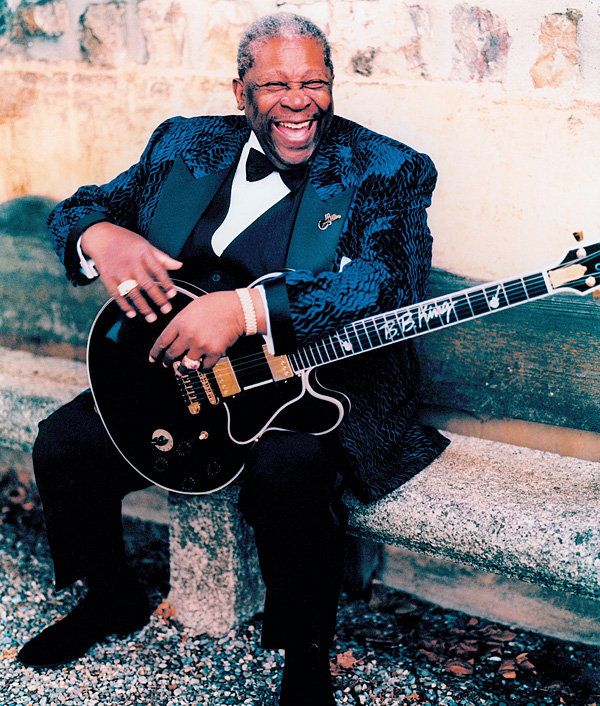
An example? On B B King's album One Kind Favor, T Bone wanted to shake the old legend out of his comfort zone so he went full-on Bo Diddley with the maracas. 'I don't like hi-hats, things that proscribe time strictly. The way I hear hi-hats is, it's the drummer saying, "Here's where the beat is" – ti-ti-ti-ti – and everyone follows that and it can make the beat stiff; accurate perhaps, but stiff.'
Different Drum
'So we don't use hi-hats, and all the things that would play the quarter-notes or eighth-notes are these big shakers. Ten or 15 different gourds with beads in them or nuts, and they go shh-flooosshh! So it expands and broadens the beat.
'I always go for the groove and think of everything as a drum. An acoustic bass fiddle is just a big drum with strings attached that you attack with your fingers or a bow, but it's still just attack and resonance. A piano is just 88 little drums – in fact, by combining notes, you can make thousands of drums out of it. And for me, it's all to do with the tribal storytelling that happens with music, so I don't really care what's hitting the backbeat, whether it's a snare or a mandolin... as long as it's getting hit in the right place with the right meaning.'
Light Music
The recording environment is as important to T Bone as the notes that get played and he sets up his studios like living-rooms for folks to relax in. 'Couches and chairs, stuff like that. I set it up so that we can sit around in the living-room and play and record that too. The living room area is mic'd since a lot of times the casual thing that you're doing when you're running the song down is actually the thing. I mic the whole room.
'The lighting is crucial too. Having a comfortable environment, instead of a sterile environment... so much of it is getting people to relax. And you know what the other part of it is, really? I don't mean to sound mawkish in any way, but really the magic is love. It's loving the people and hopefully them loving you.'
It's for his work with movies that T Bone is arguably most famous, specifically his relationship with The Coen Brothers, for whom he did the music for The Big Lebowski (1998), O Brother, Where Art Thou (2000), The Ladykillers (2004) and Inside Llewyn Davis (2013). 'Working in movies opened up a whole new way of being a musician for me,' he said. 'It's like conjuring up a believable, but non-existent past.'
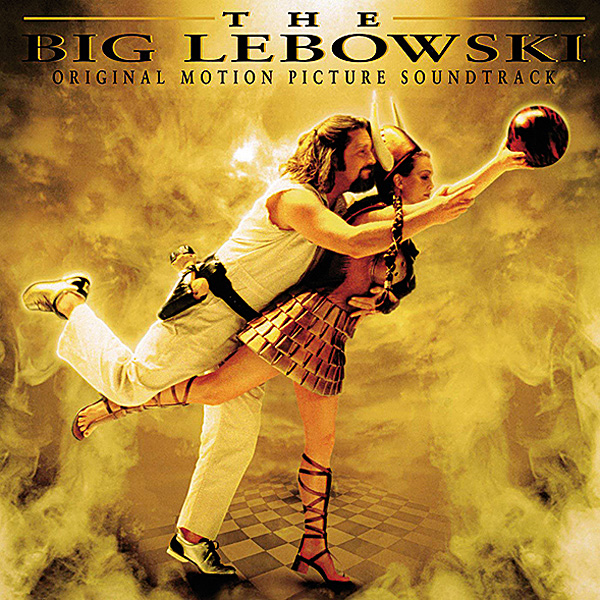
For The Big Lebowski he compiled tracks by Bob Dylan, Moondog, Captain Beefheart, Yma Sumac and The Gipsy Kings playing 'Hotel California'. 'I didn't want to use anything that commented upon the people or looked down on them,' he said. 'It was, "What does The Dude put on just after he's made love?". He'd come in, do a little t'ai chi, have a White Russian, listen to Captain Beefheart. That's a man after my own heart, someone I can look up to!'
Hot Streak
For O Brother, Burnett got 'that good old-timey' music together before filming began, and then the Coens fitted the movie to the music, which included 73-year-old bluegrass marvel Ralph Stanley who then went on to do two LPs with T-Bone, Ralph Stanley (2002) and A Distant Land To Roam (2006), before going to meet his maker in 2016.
The movie soundtrack sold some eight million copies and T Bone continued his hot streak with Jack White and Cold Mountain (2004), and Walk The Line (2005), the Johnny Cash biopic starring both Joaquin Phoenix and Reese Witherspoon.
I'm going to quote The Atlantic to finish this off as I couldn't put it better...
'There is still an essential simplicity to Burnett's approach: he gets people in the same room to sing songs older than any of them, and makes it sound like a hell of a good time. Sure, Joaquin Phoenix's version of "I Walk The Line" is inferior to Johnny Cash's classic Sun recording – but so is anybody's. To see musicians and actors on mic together in one of Burnett's concerts is to recognise that those songs are folk music – music that belongs to all of us. Seeing them, hearing them, who wouldn't want to join in?'

